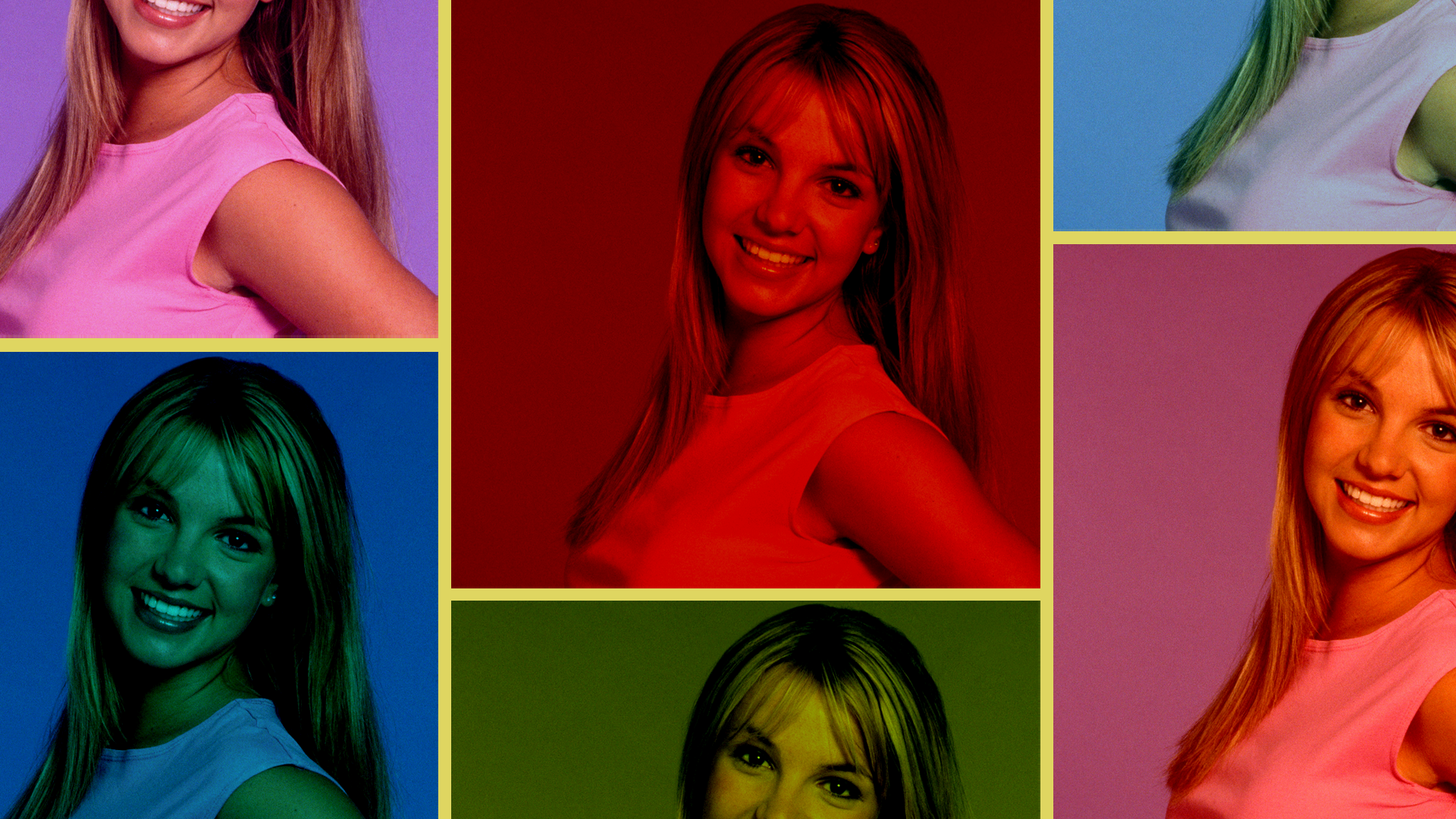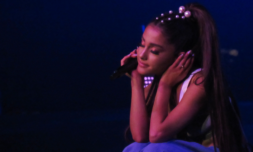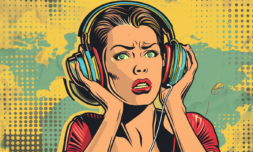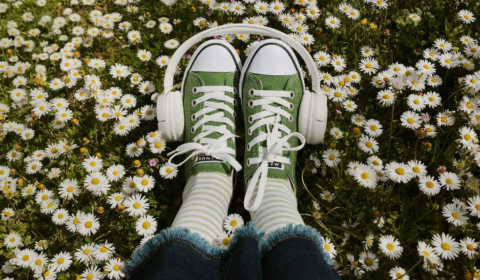Mental health and welfare of celebrities
In line with attitudes of today’s cancel culture, young Britney Spears would be categorised as largely unproblematic.
She never had any memorable politically incorrect spats or overstepped her boundaries as a pop star. Besides, even if she had, ‘woke’ culture had yet to grace the frontal cortexes of the masses.
In fact, most of Britney’s time was spent perfecting her craft, and when speaking to media she embodied something of America’s sweetheart – despite the ‘sexy’ image she portrayed in music videos.
However, a rapid rise to fame in conjunction with the boom of tabloid media saw her become a guinea pig for celebrity obsession and intense scrutiny in the lead up to the digital era.
As she navigated adult life in the spotlight, paparazzi were paid hundreds of thousands to capture her most vulnerable moments. Magazines who published the images made millions.
To the younger half of Gen-Z, it might be difficult to imagine a society that didn’t have mental health at the forefront of its mind.
That was the unfortunate reality though, at the time the world watched one of its most famous young women slowly unravel.
So when the news broke that Britney suddenly shaved her head in 2007, her life was treated as an international joke. Media narratives were ruthless.
Even at the age of 12, I can recall seeing headlines about my favourite singer alongside the pictures and having the terrible feeling they were getting it all wrong. Nobody seemed to be looking for the deeper reason why. Did these people have no compassion?
Bearing in mind that fans started the #FreeBritney movement just two years after her conservatorship began in 2009, it has taken a long time for the wider majority to stop mocking this period of her life, and to start taking the welfare of Britney Spears seriously.
One has to wonder: why is there a collective obsession with building celebrities up only to tear them down at any given opportunity?
Billie Eilish, who has not had a dissimilar situation to Britney, becoming a global pop sensation almost overnight, was photographed without her usual figure-concealing clothing not too long ago.
Within hours of the photo being taken, tactless media outlets and other Internet users began assessing the body type of the 18-year-old and, soon enough, the subject was trending.
Unlike in the era of Britney’s reign, afforded to Billie is the digital weapon that is social media.
She posted across multiple platforms to reshape the narrative, clapping back at those who criticised her, announcing that the public’s expectations of her body are not her responsibility.
Billie also disclosed that she struggled with disordered eating and negative body image, as well as the journey to self-love and acceptance.
When all of us point and laugh at the downfall of others, or collectively turn against a single human being for the way they are, their resulting feelings of disapproval could manifest as anxiety, depression, or worse.
Clearly, we’ve not learned from Britney’s predicament at all.
In her case, it resulted in her father capitalising on a moment of weakness and stripping her of her most basic freedoms – such as the decision to take anti-psychotic drugs, when to have another child, how to continue her career, and the control of her own finances.
Would this have happened to a man?
I can’t help but question if the amount of media criticism received by Britney which labelled her as a bad role model and a bad mother – and undoubtedly contributed to the development of her conservatorship – would have happened if she was a man.
A clear parallel would be the case of Kanye West, who has publicly dealt with his share of struggles with mental health over the previous decade.
Yes, Kanye became the brunt of many jokes, memes, and faced heavy criticism in the media – but no one ever threatened his rights to autonomy. Few were angered by the possibility that his erratic behaviour and questionable takes on slavery were bad modelling for their children.
In fact, he was labelled a creative genius for his ability to harness his darkest thoughts and transform them into music.
Amidst all the chaos, Kanye continued to grow his financial success in other ways – securing a 2015 partnership with Adidas to birth ‘Yeezy’ which to date is worth almost $2billion.
Let’s not forget his more recent billion-dollar deal struck with clothing retailer Gap, which sold out in minutes and has been secured for 10 years. Anyways, while he’s great, this isn’t about Kanye.
To say that it’s a shame that Britney Spears, a beacon of feminism – or as 90’s kids knew it, girl power – was quite literally pulled off her pedestal and silenced, is a minimisation of what she’s been through.
Many have pointed out that enduring a life under such intense restraint and isolation actually takes immense mental strength, contrary to the fragile person her representatives painted her as. Truthfully, us Britney fans already knew she harboured that resilience.
For those who grew up idolising her, it felt like she had a promising career ahead of her. Her messages of ‘What U See Is What U Get’ and ‘Stronger Than Yesterday’ in the face of constant condemnation inspired several young generations to be themselves unapologetically and grow in the process.
Breaking her long silence on her conservatorship and demanding the rights to live her life freely only solidifies her position as a feminist icon.
As the case for ending the conservatorship continues to unfold, it looks like after fourteen years Britney is finally freeing herself.





















